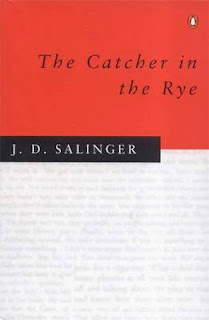Keynes: The Return of the Master - Robert Skidelsky

On to my birthday presents... first up is an impassioned defence of the economist John Maynard Keynes by his leading biographer, Robert Skidelsky. The Return of the Master is a much slimmer affair than his original three-volume opus (which I haven't read) and has no time for any nuance that a longer work might provide. Appropriately for a book with such a Star Wars -ish title, Keynes is here presented as a Jedi master of economics, guardian of great monetary truths which later generations have foolishly cast aside. The book opens with a potted history of the financial crisis and its aftermath. It's not a bad summary but I'm not sure what sort of reader it is aimed at. Anyone who has been following the story closely will find it short on revelations, while people with less abnormal interests will surely be baffled by all the unexplained jargon. More substantial is the second chapter, which describes and denounces the three pillars of modern conventional economic wisdom...











